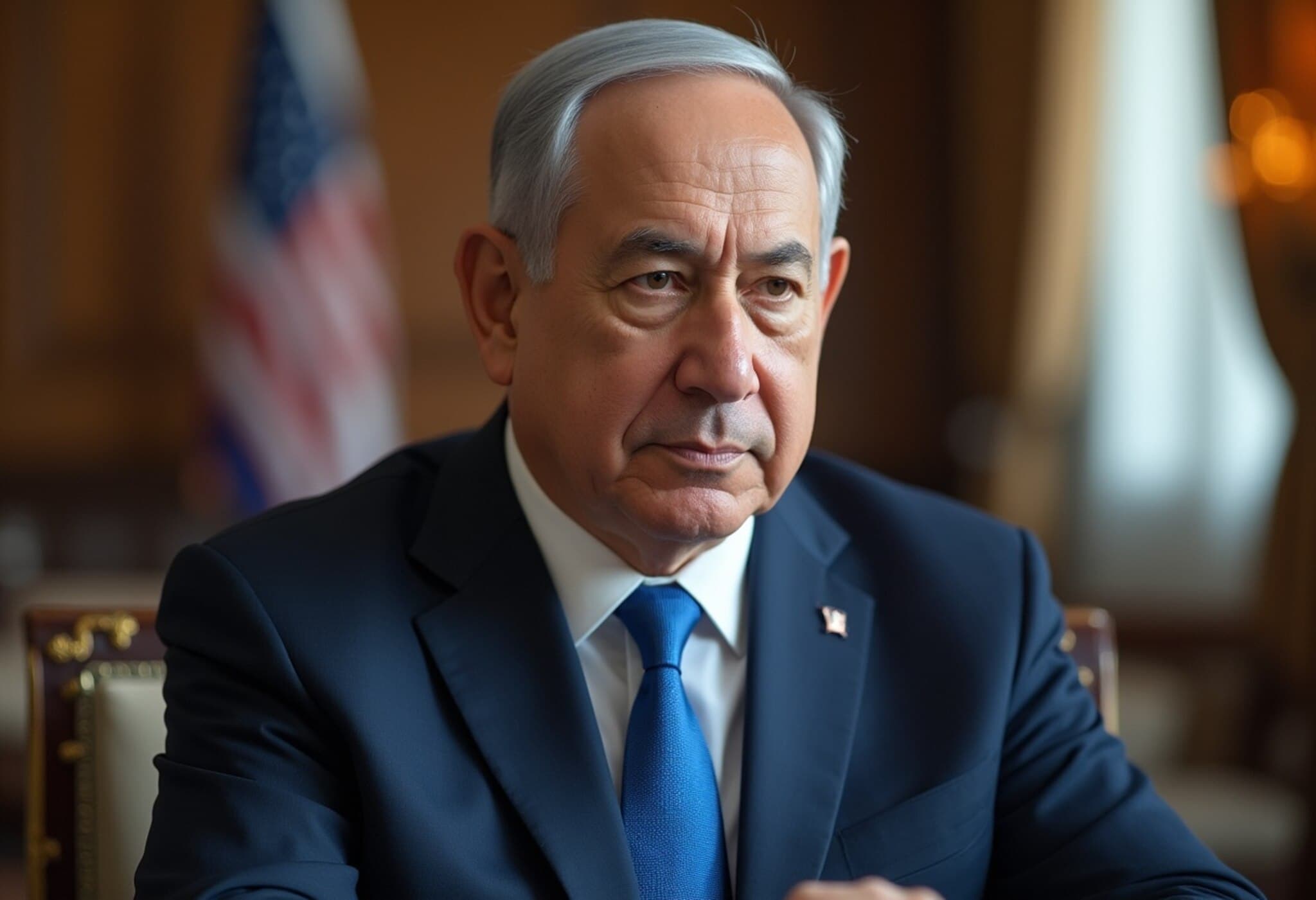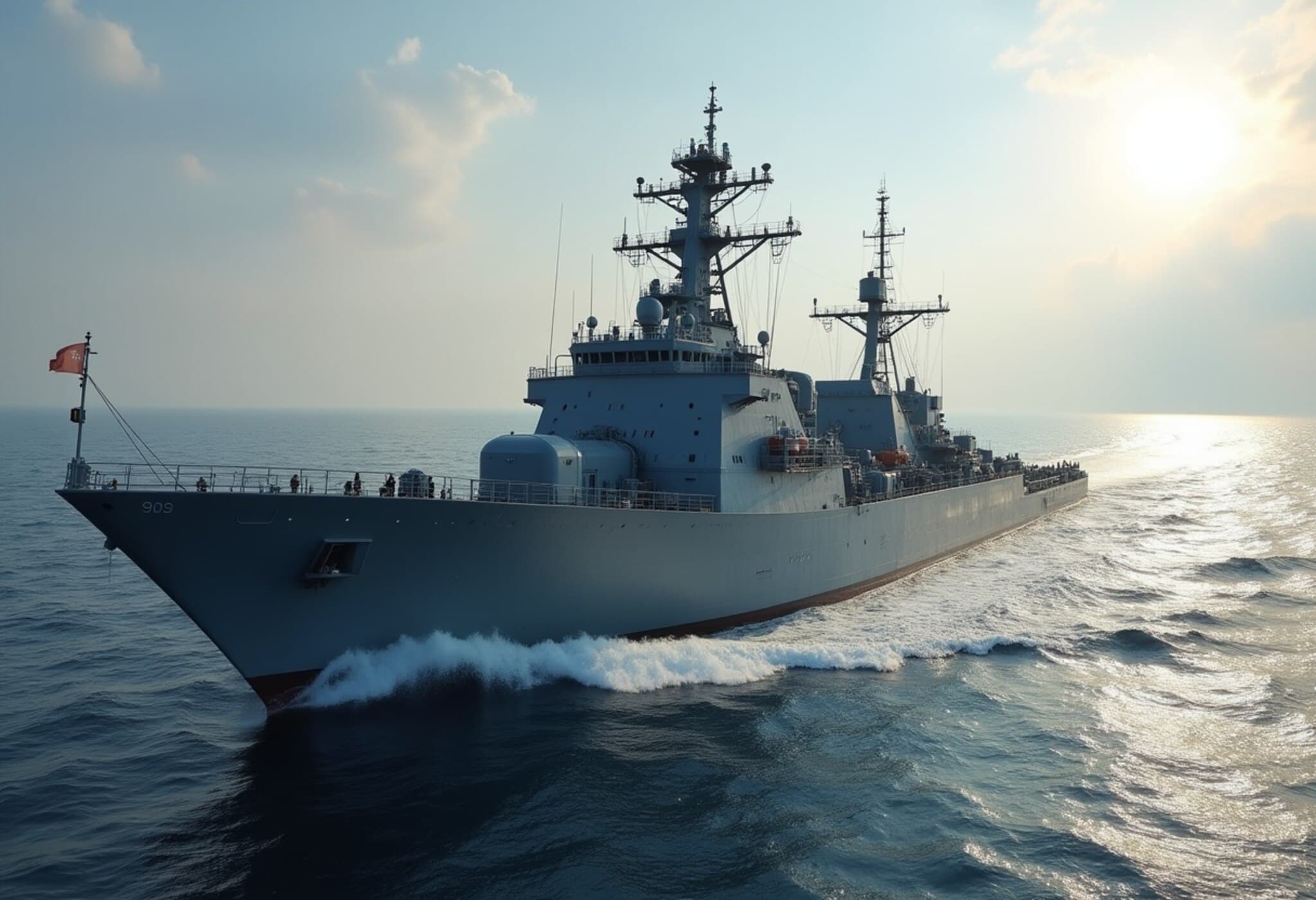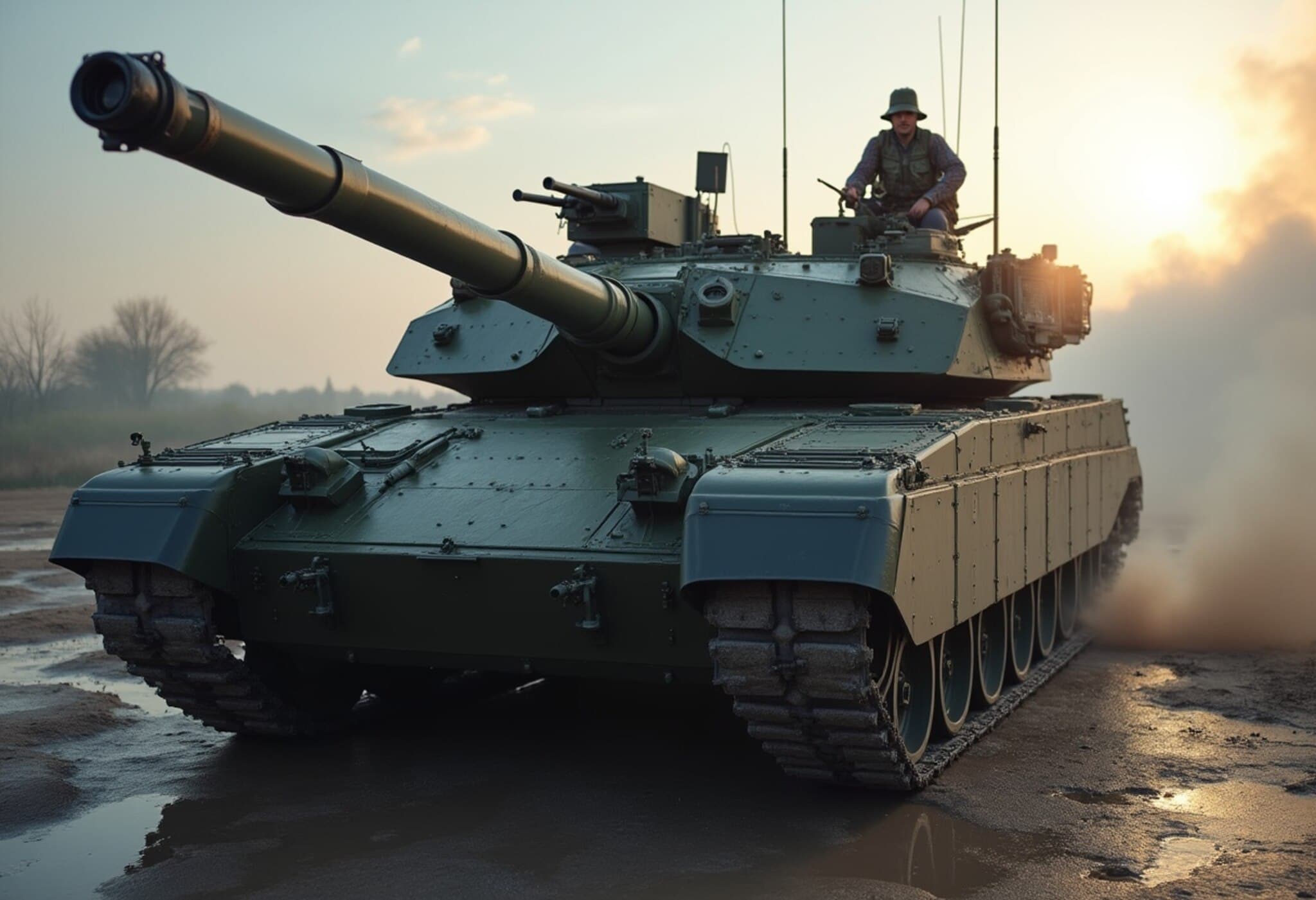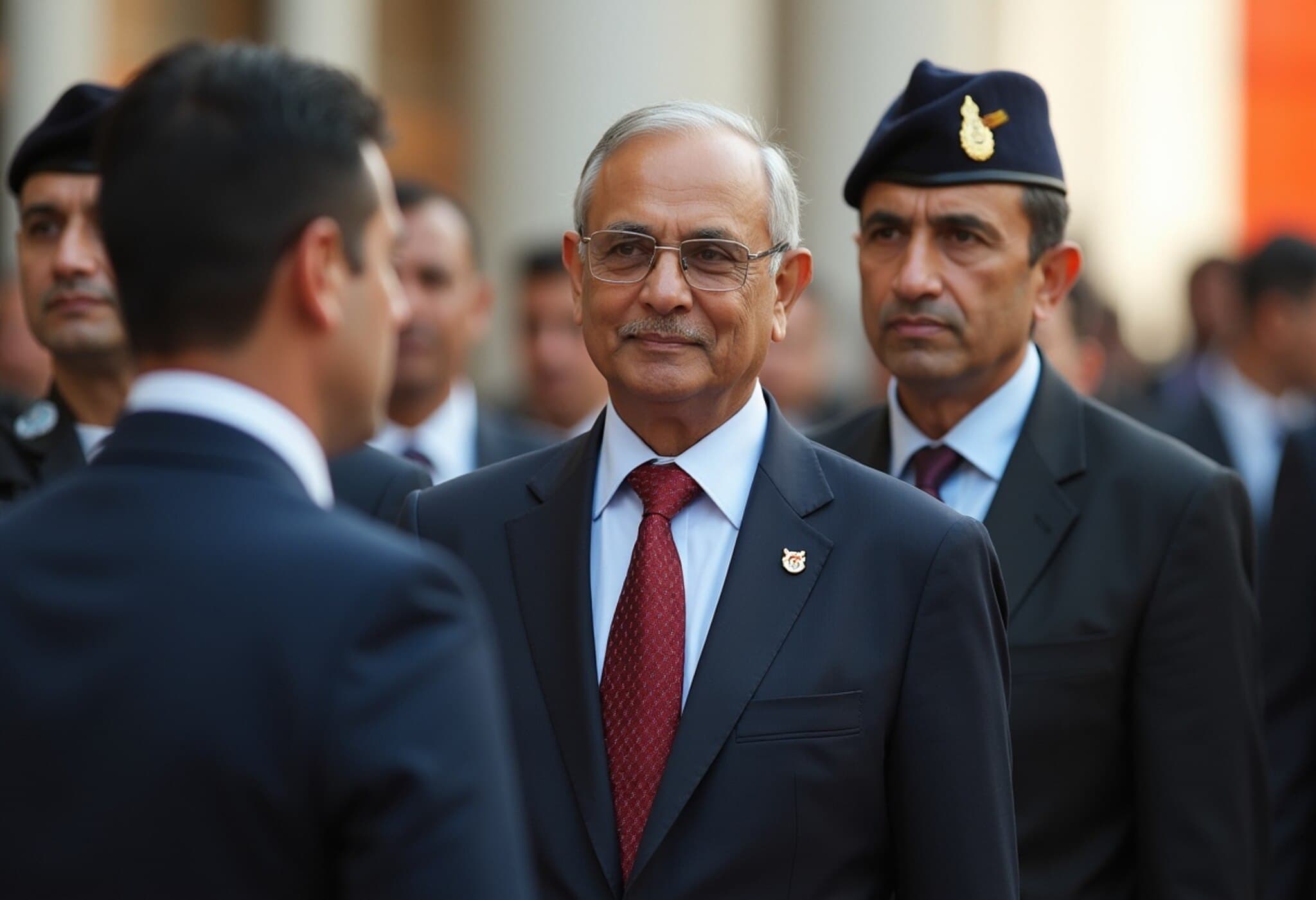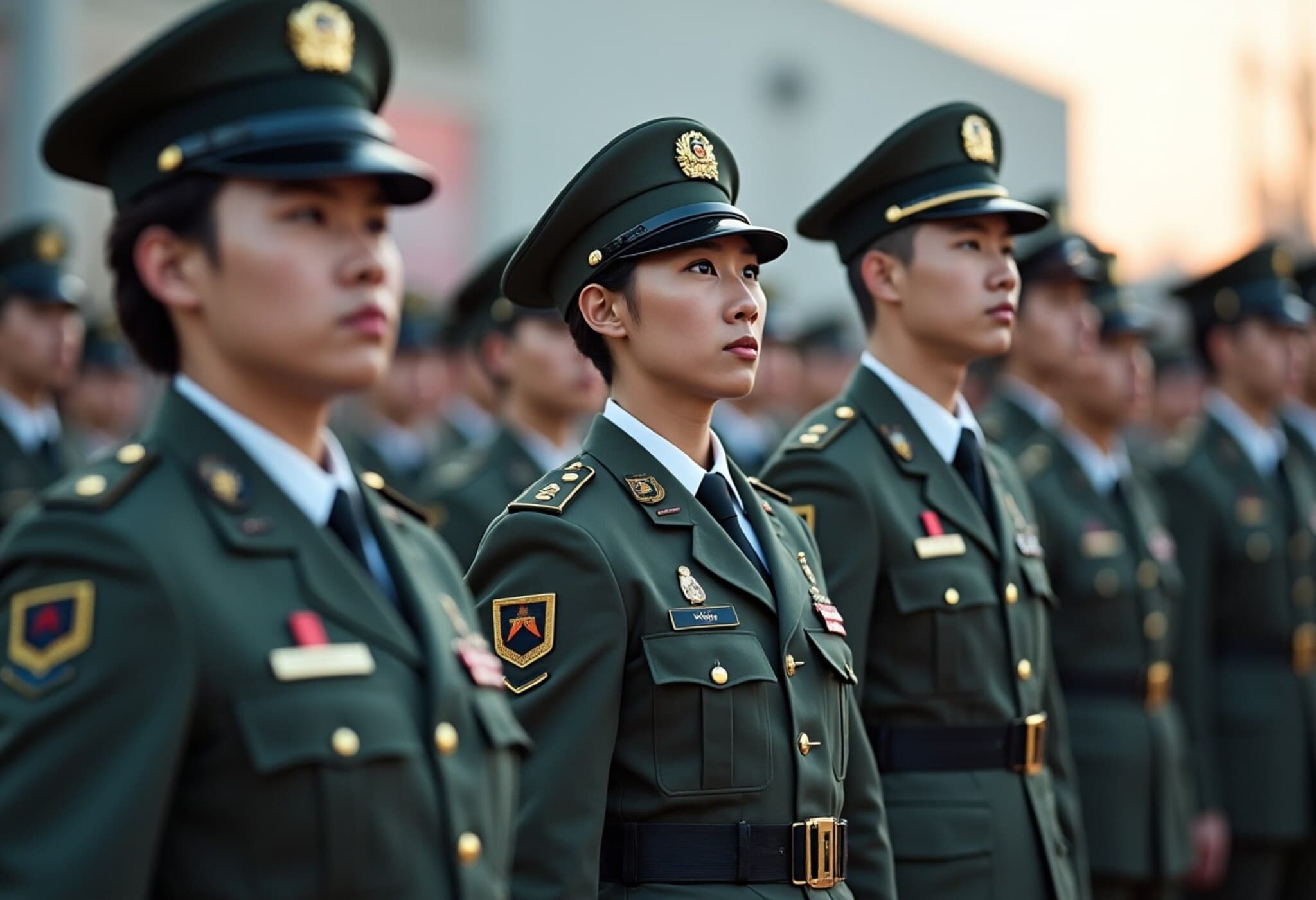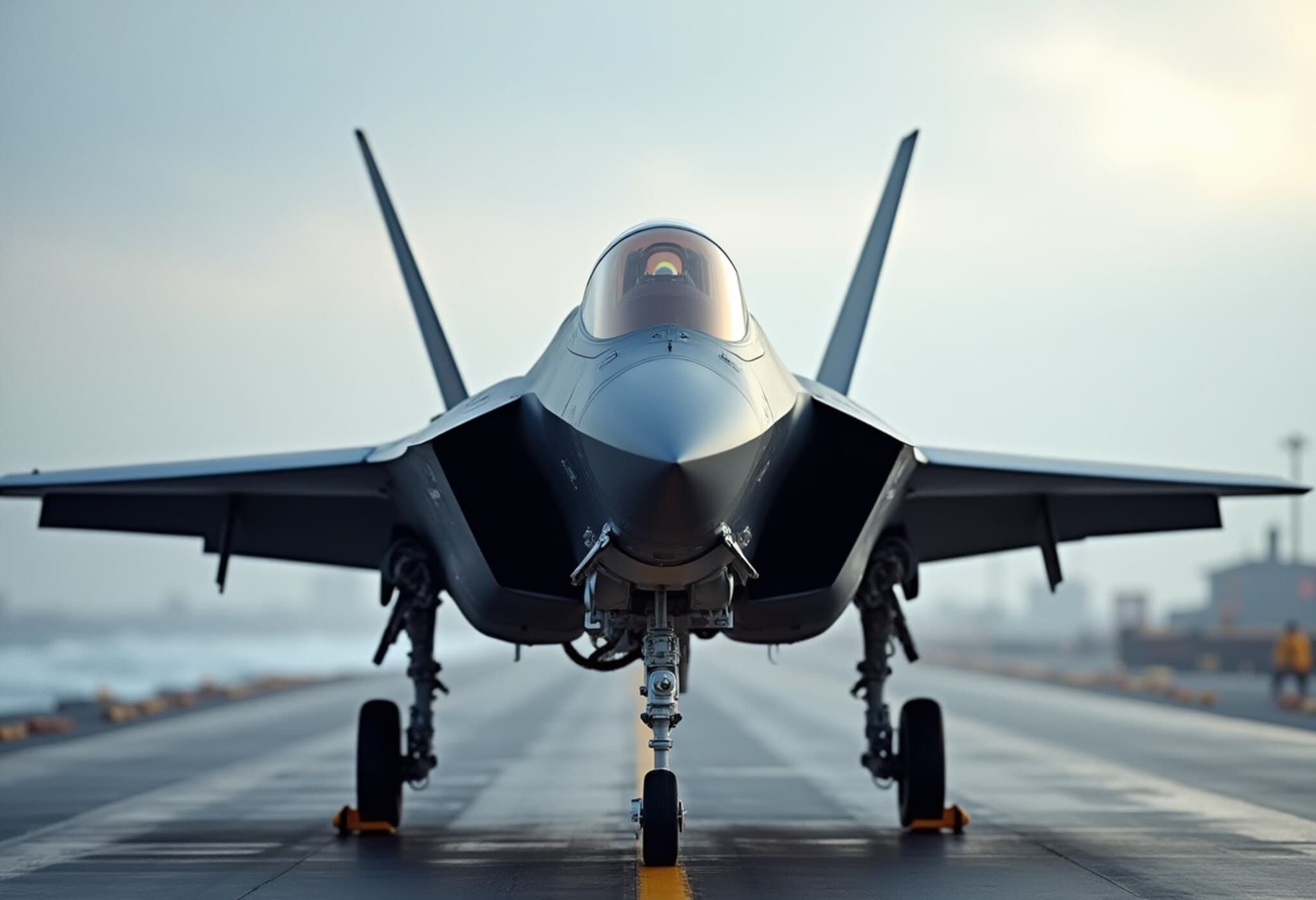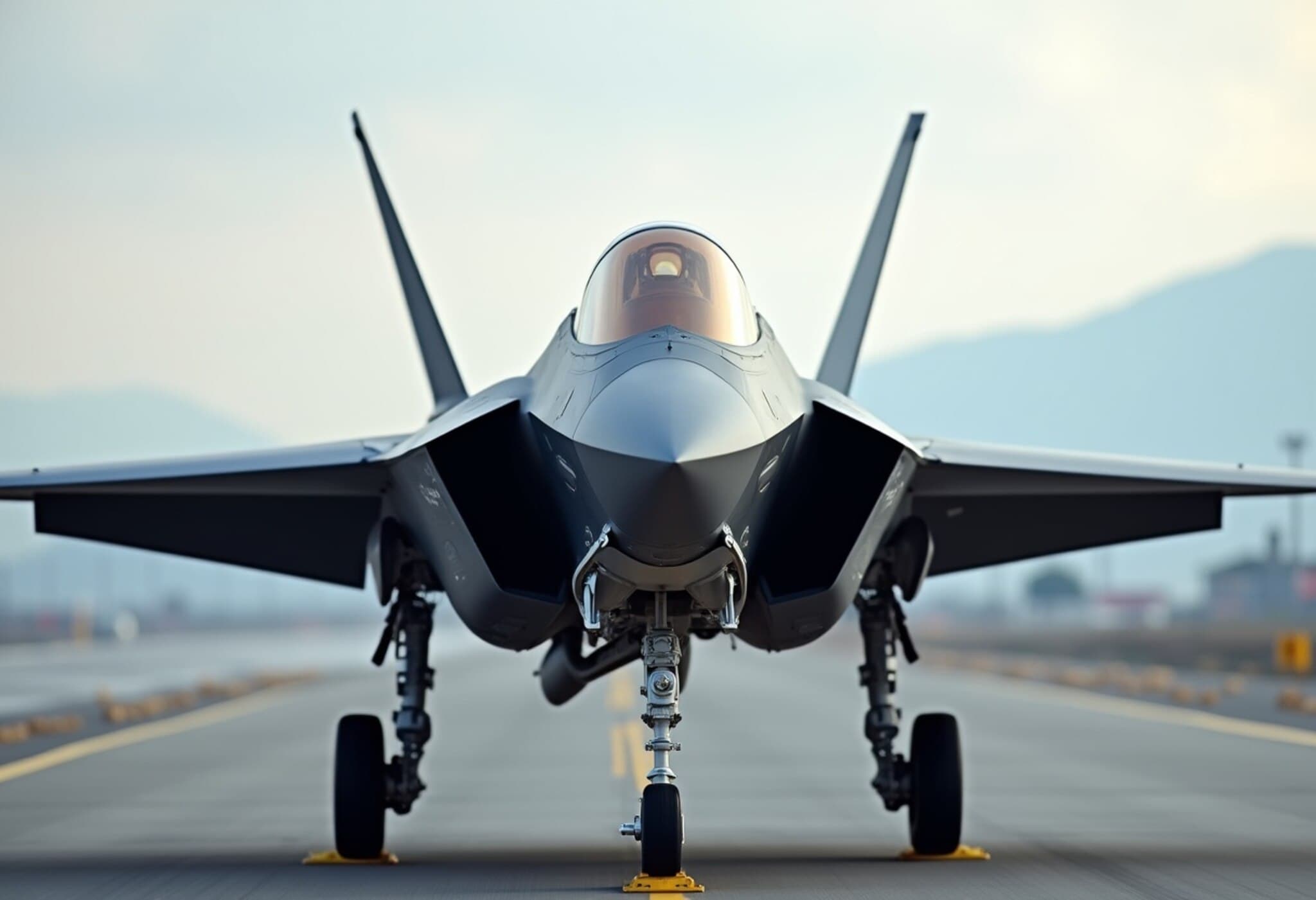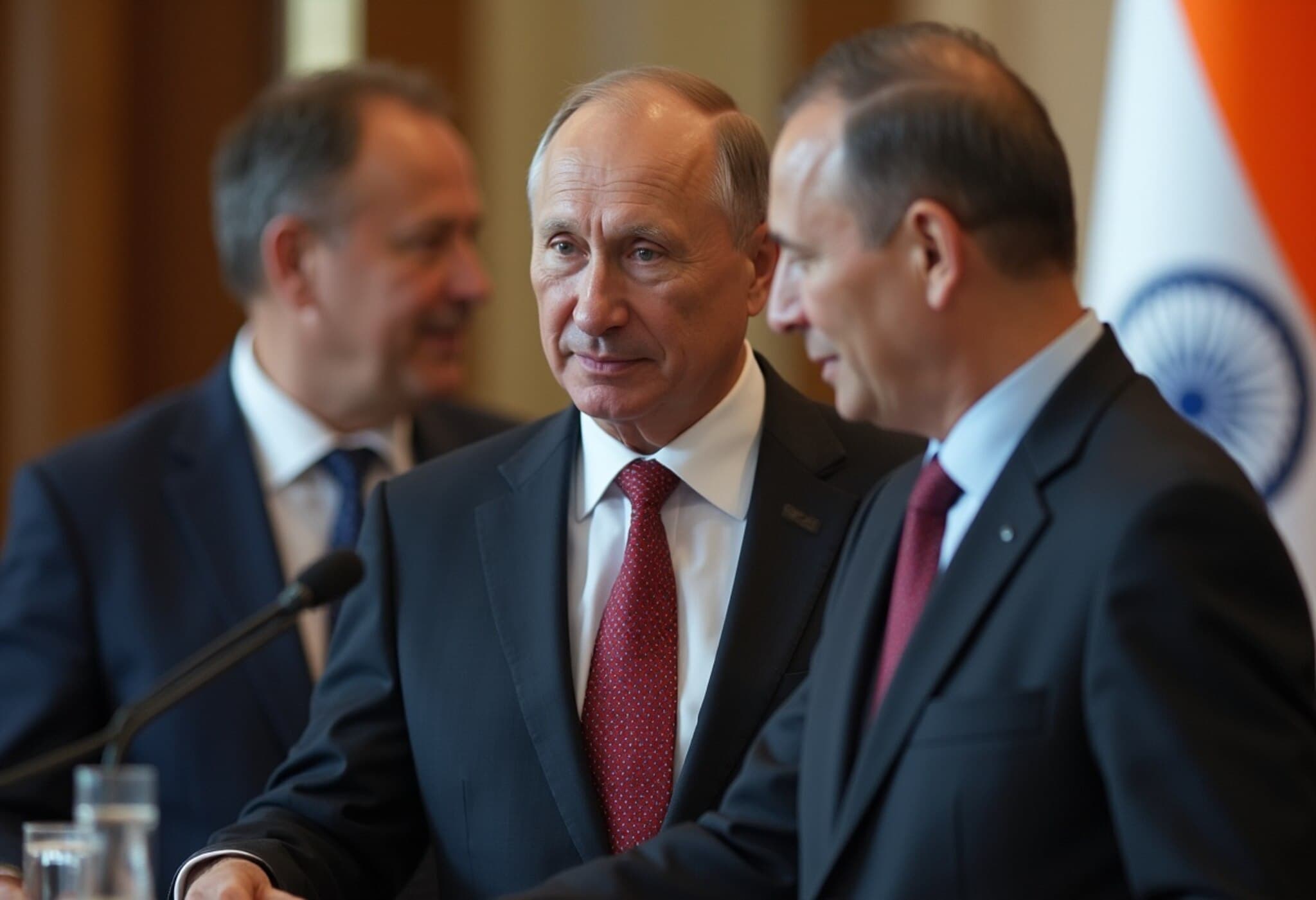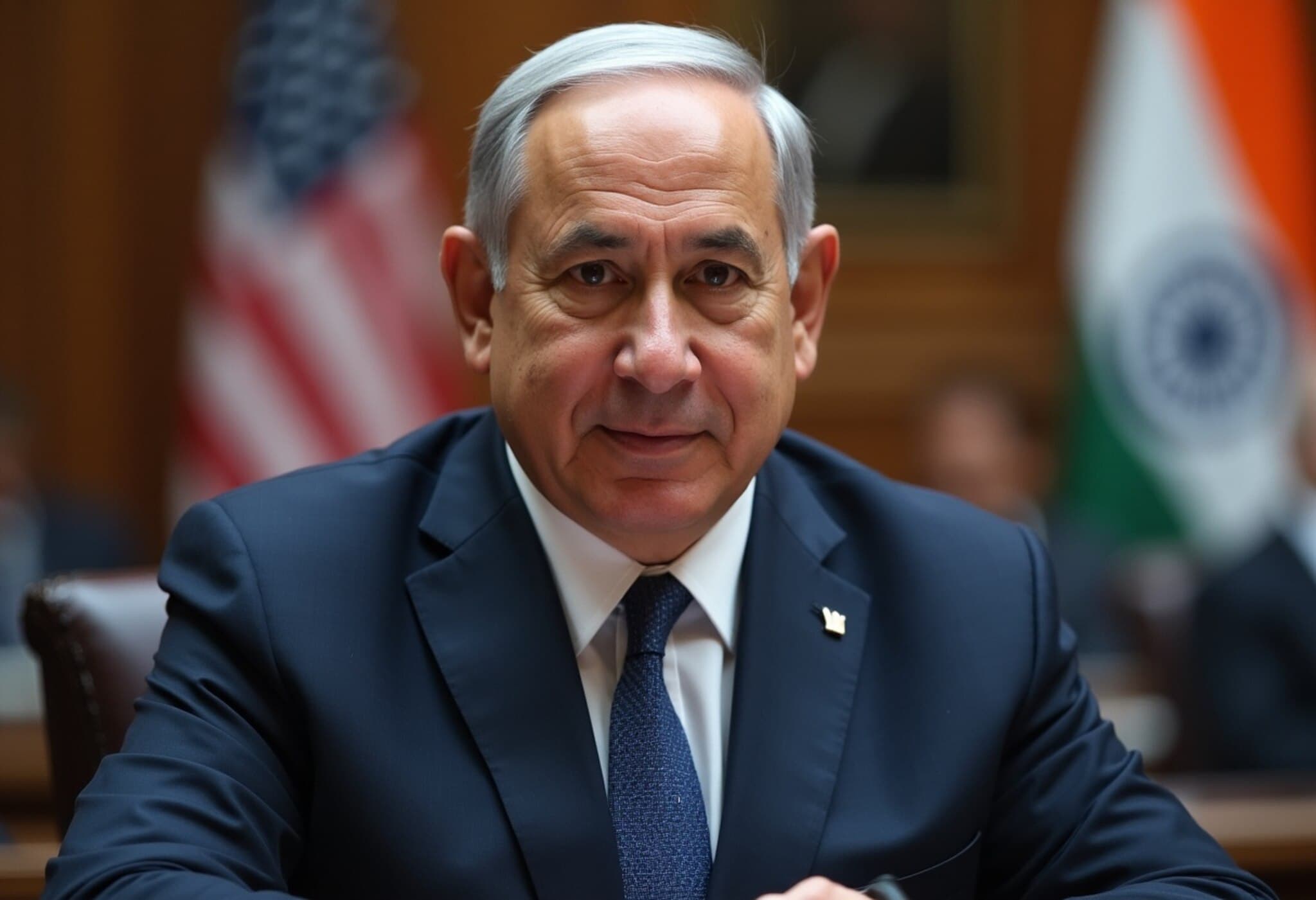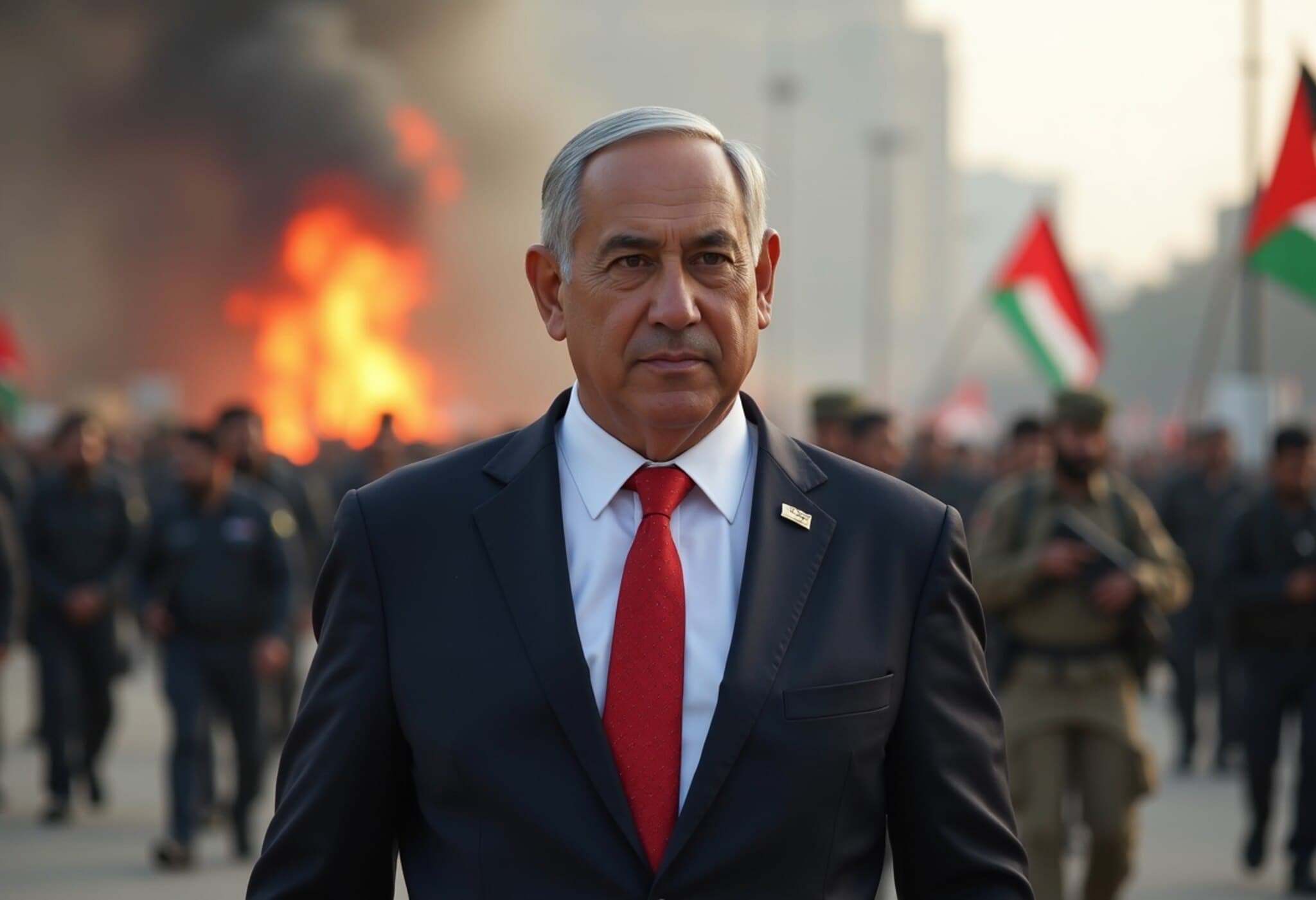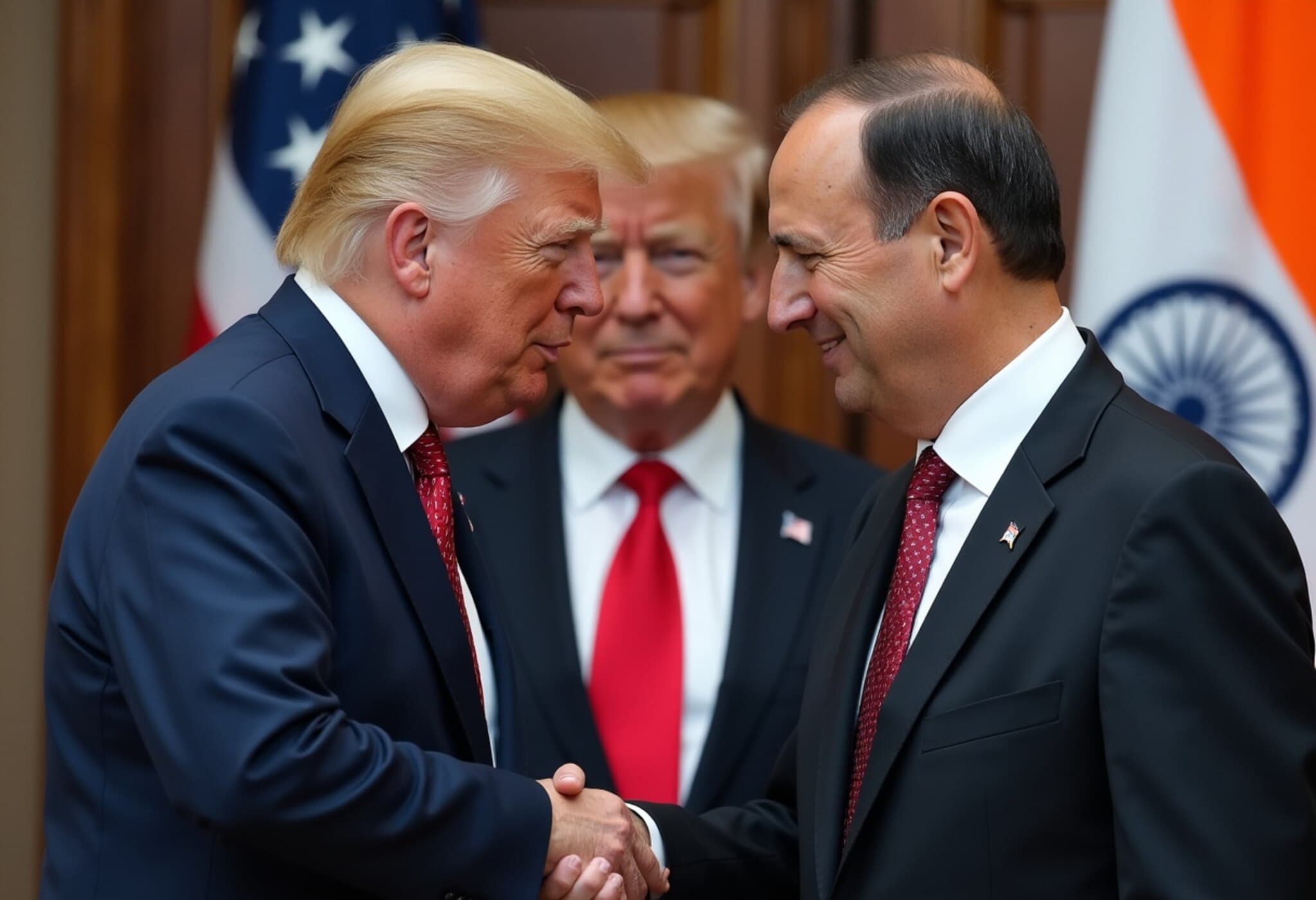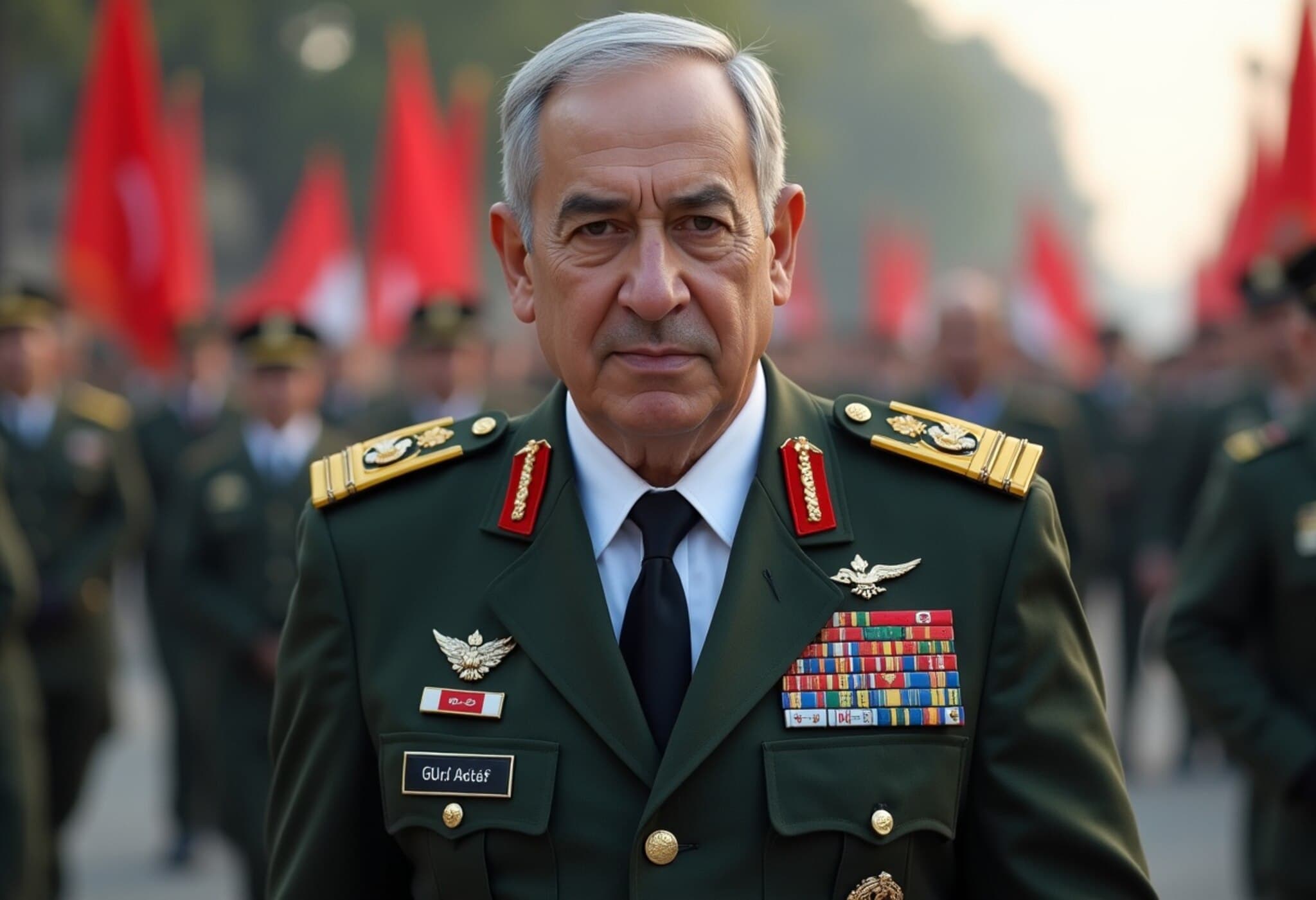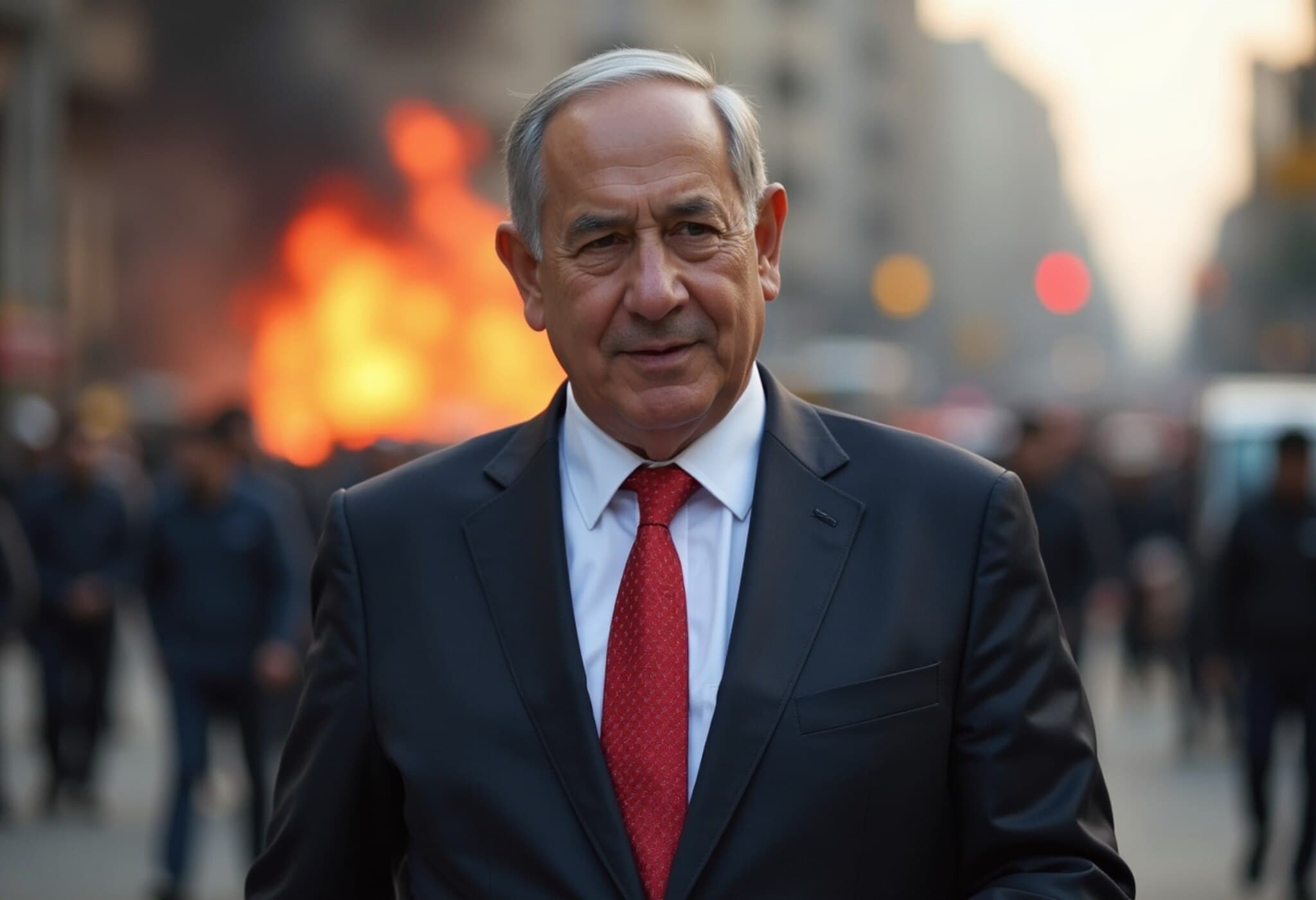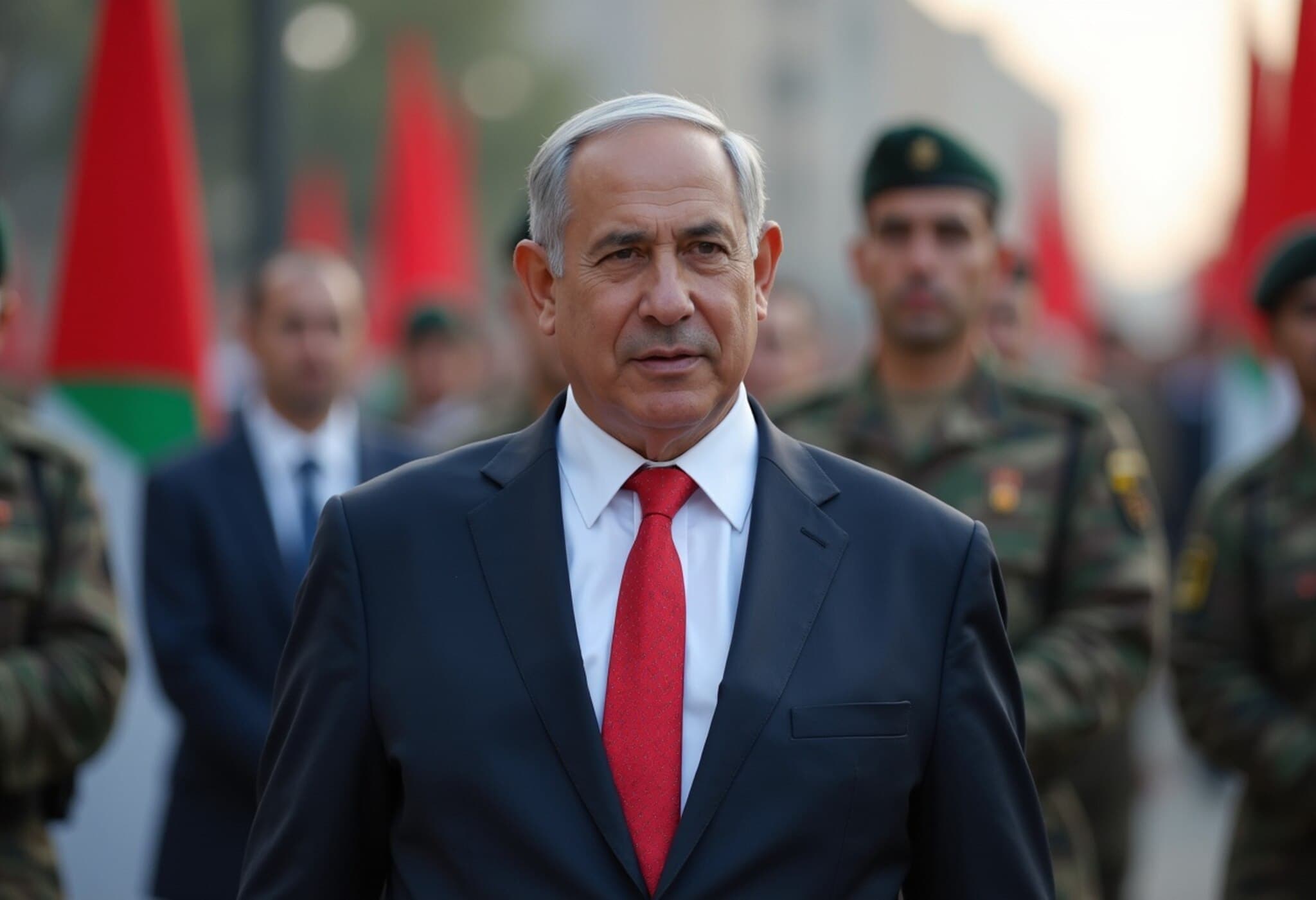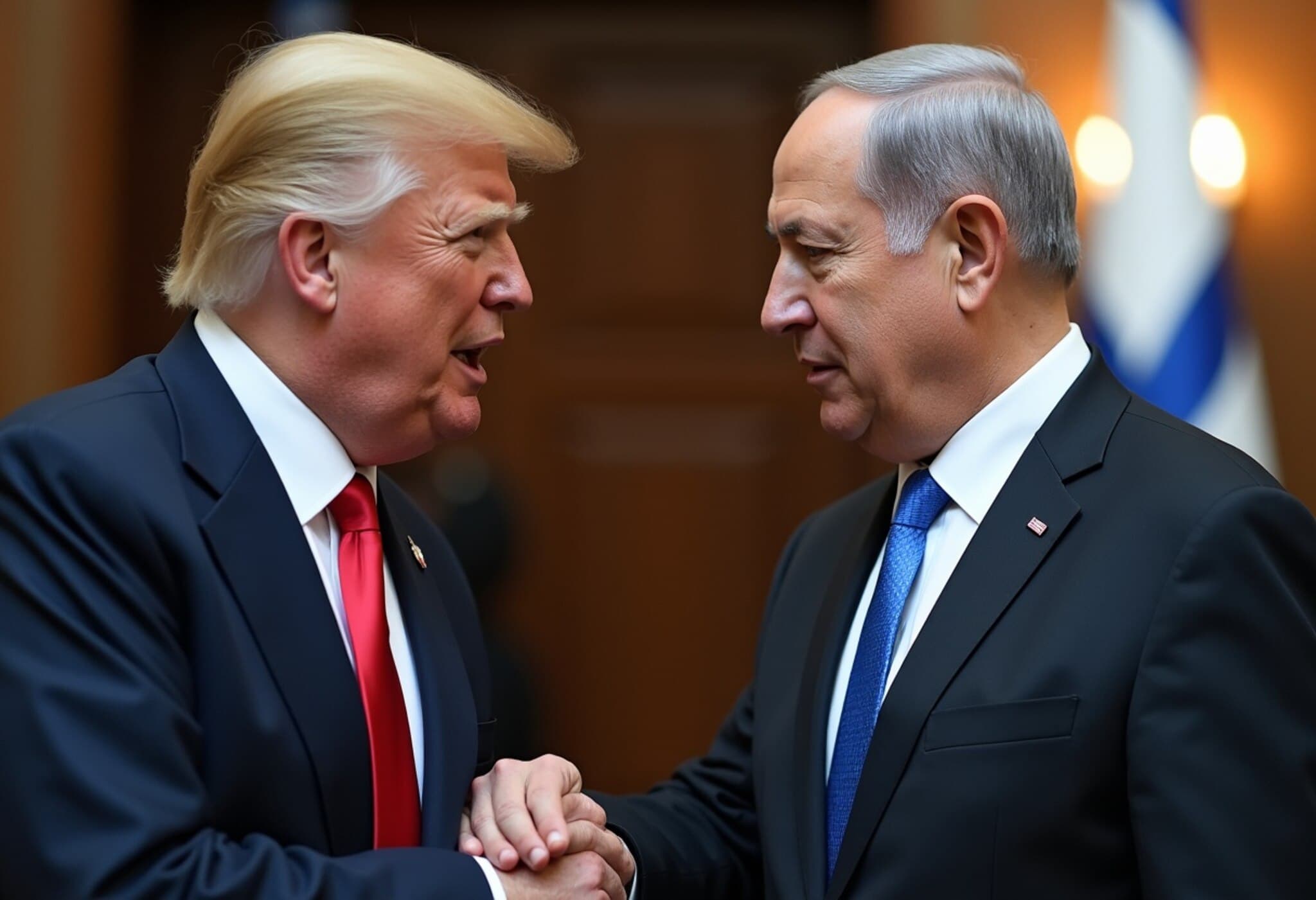Netanyahu Highlights Effectiveness of Israeli Weaponry in India’s Operation Sindoor
In a recent interview with CNN-News18, Israeli Prime Minister Benjamin Netanyahu lauded the performance of Israeli defense equipment during India’s military campaign, Operation Sindoor. He described the systems supplied by Israel as “battle-proven,” emphasizing their crucial role in bolstering India’s operational success.
Israeli Technology in the Spotlight
Netanyahu stated, “The equipment given before worked well during Operation Sindoor,” reaffirming Israel’s commitment to supporting India’s defense capabilities. This statement sheds light on the growing strategic partnership between India and Israel, which has steadily expanded in recent years through defense cooperation and technology transfers.
Experts note that Israel’s advanced military hardware, including surveillance systems, drones, and missile defense technologies, has become a key asset for India’s armed forces. These technologies not only enhance tactical effectiveness but also signal India’s drive toward modernizing its defense infrastructure amidst regional security challenges.
Broader Geopolitical Alignments: India, Israel, and the United States
Beyond bilateral ties, Netanyahu also commented on the trilateral relationship involving the United States. He highlighted the shared interests that bind America, India, and Israel, stating, “The goal for America and India is for both sides to succeed. There is so much common ground between Delhi and Washington.” He expressed optimism that the current diplomatic challenges could be resolved, underscoring India’s role as a natural and solid partner for the US.
This perspective aligns with the evolving geopolitical landscape where the US increasingly views India as a crucial partner in the Indo-Pacific region, counterbalancing regional threats. Israel, with its own strategic ties to both nations, plays a unique role in this trilateral dynamic.
On the Conflict with Hamas: Netanyahu’s Firm Stance
Addressing the recent Israel-Hamas conflict, Netanyahu reaffirmed his government’s position: no annexation of territory will take place, but a security perimeter will be established. He vowed to “destroy Hamas” and emphasized the imperative to recover hostages held by the group.
Netanyahu added that peace could be achieved rapidly if Hamas ceased hostilities, stressing the importance of distinguishing “innocents” from militants. This nuanced position underscores the delicate balance Israel seeks between military objectives and minimizing civilian harm, raising questions about the long-term prospects for peace in the region.
Expert Insight: Implications for Regional Security and Defense Partnerships
The endorsement of Israeli military technology by Netanyahu in the context of India’s operations signals a deepening bond that carries strategic and economic implications. Defense analysts suggest that such cooperation not only enhances India’s security posture but also bolsters Israel’s defense industry through expanded exports.
Moreover, this collaboration contributes to a complex web of alliances that impact stability in South Asia and the Middle East. For the United States, encouraging these partnerships aligns with broader strategic goals in containing threats and fostering stable, democratic allies.
Looking Ahead
- India-Israel Relations: Anticipate continued growth in defense and technology collaboration.
- US-India Diplomacy: Expect efforts to overcome current diplomatic hurdles and strengthen ties.
- Middle East Developments: The unfolding conflict with Hamas and Israel’s responses remain critical to regional peace prospects.
Editor’s Note
Netanyahu’s remarks illuminate the increasingly interconnected nature of global defense relationships, where technology sharing and strategic alliances shape not only military outcomes but also broader geopolitical landscapes. The characterization of Israeli arms as “battle-proven” in an Indian military operation invites reflection on the evolving nature of international security cooperation in an era marked by complex regional conflicts. As these partnerships deepen, so too do the questions about how they influence diplomatic relations and the quest for lasting peace.

